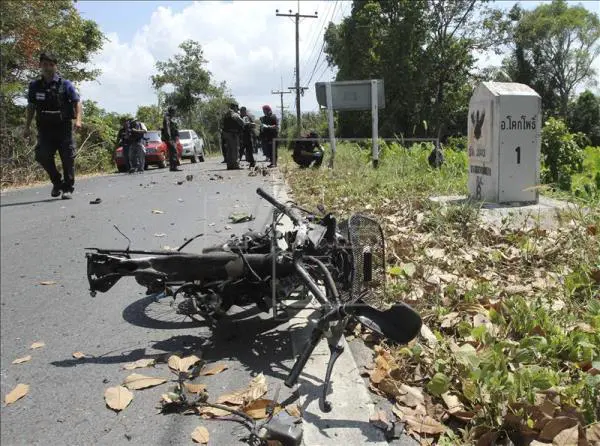The World Trade Organization 's (WTO) marathon trade-liberalization negotiation is expected to resume some progress, as trade ministers gather here to begin a three-day meeting on Tuesday to push forward the stalled talks.
Hopes have been pinned on the Ninth WTO Ministerial Conference, or MC9, as a chance to revive the Doha Round of talks, but a failure to reach a consensus could further shadow the decade-long negotiations.
This is also an important event for newly appointed WTO director-general Roberto Azevedo, who has been urging all-out efforts to seal a trade deal at Bali since taking up his position in September.
"In these changing times, I believe that the role we play here in the WTO is even more important. The multilateral trading system remains the best defense against protectionism and the strongest force for growth, recovery and development," he said in his inaugural speech to the WTO General Council.
However, the path to Bali has not been smooth, with the WTO's 159 members stumbling even in the last days ahead of the biennial meeting to finalize the draft that will be signed.
Although the WTO announced a "breakthrough" on trade facilitation at its last-munite meetings on Nov.28, the organization has previously signaled that hopes for a deal at Bali were dimming, saying that the talks in Geneva were "indeed close, but not quite there."
"Failure in Bali will have grave consequences for the multilateral trading system,"warned Azevedo.
"Business has changed a great deal since then," said Deborah K. Elms, head of the Temasek Foundation Center for Trade & Negotiations and researcher at the S. Rajaratnam School of International Studies of Nanyang Technological University, referring to the launch of the Doha Round in 2001 at a summit in Qatar.
"So it is time to rethink the agenda in a way to make it meaningful again. Trying the same old approaches to the same old problems and expecting a different result is clearly not working," Elms told Xinhua.
Started by the WTO at its fourth ministerial conference in Doha 12 years ago, the Doha Round aimed to help poor nations hurdle barriers in global trade and prosper through the free flow of goods.
But the negotiations stalled in 2008 due to conflicts of interest between developed and developing countries, especially on agricultural tariffs and export subsidies. Though it is widely believed that consensus has been reached on 80 percent of the issues, completing the remaining 20 percent still requires the joint political will of member economies.
Yet, the target of the Bali conference was never about completing the Doha Round, but a smaller package of trade agreements that would mainly cover trade facilitation, development and agriculture and lead to the full Doha package in future, observers noted.
Though smaller in scale, such a deal could not only boost global gross domestic product by 960 billion U.S. dollars, but also an increase of 570 billion U.S. dollars in exports and 18 million jobs for developing countries, according to the International Chamber of Commerce.
A successful Bali meeting would also serve to offer some confidence in the WTO and the Doha Round, especially at a time when countries are seeking regional or bilateral free trade agreements outside the WTO framework, such as the Trans-Pacific Partnership and the Trans-Atlantic Trade and Investment Partnership.
In an effort to rescue the Doha Round, at the APEC summit in October, leaders of the Asia-Pacific Economic Cooperation (APEC) members voiced support for the MC9 and multilateral trade liberalization.
Chinese President Xi Jinping has also called for determination to conclude the long-stalled Doha Round of global trade talks.
"We should give our trade ministers more political guidance and flexibility, and encourage the parties to achieve an early harvest, " he said at the 21st APEC Economic Leaders' Meeting.
WTO members should focus on breaking through major impasses with flexibility while finding appropriate "landing zones" for the talks, according to Yu Jianhua, an international trade negotiation representative for China's Commerce Ministry.
The current framework had maintained a delicate balance with the efforts of all parties, and WTO members should avoid introducing new issues, Yu said during the October APEC meeting.
 简体中文
简体中文




